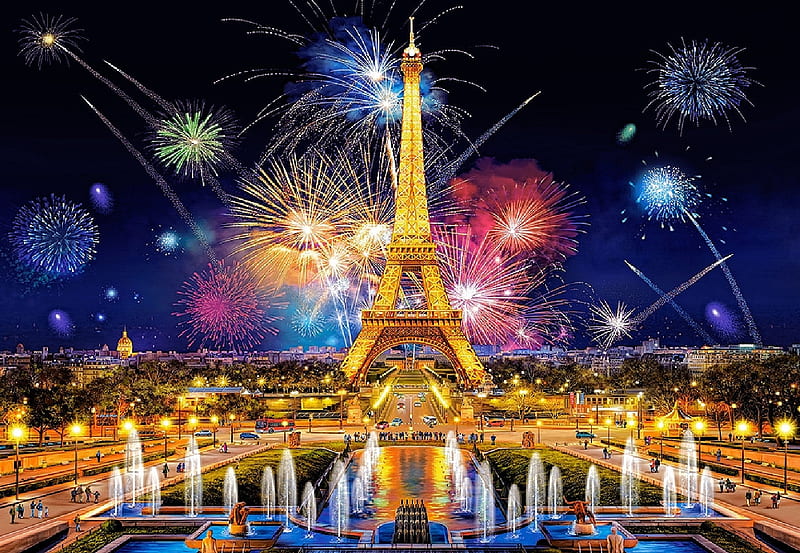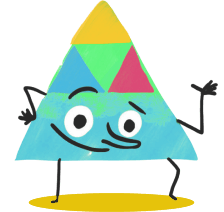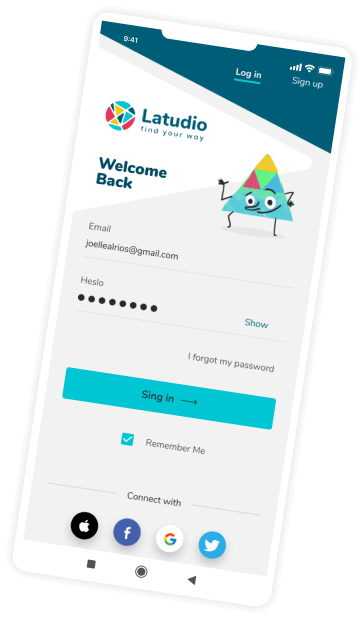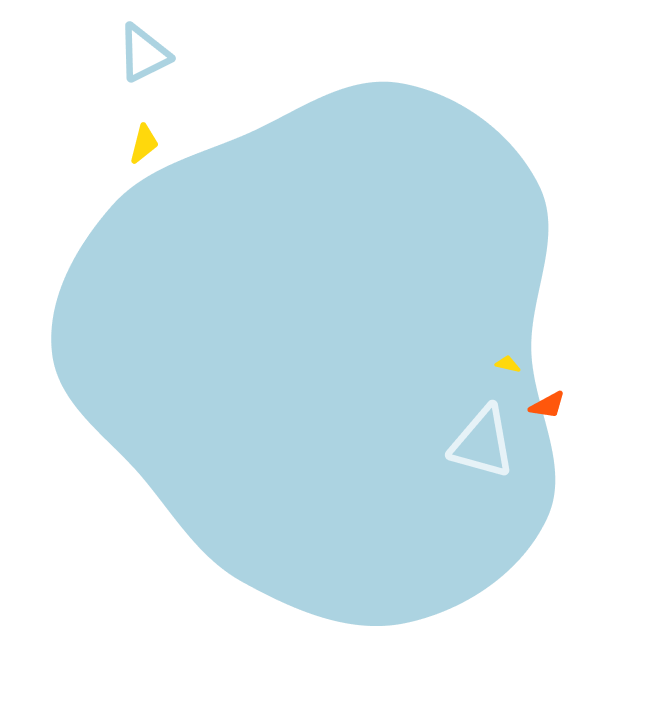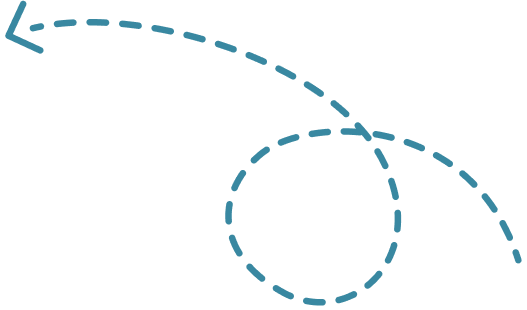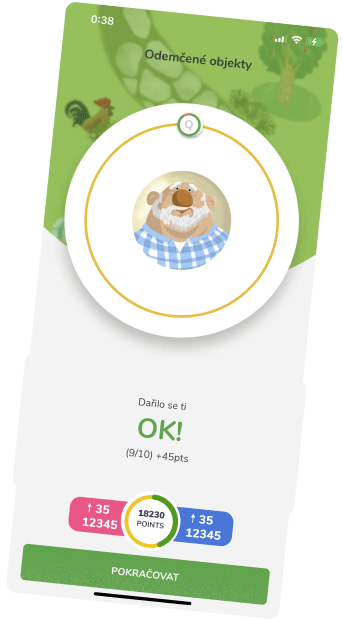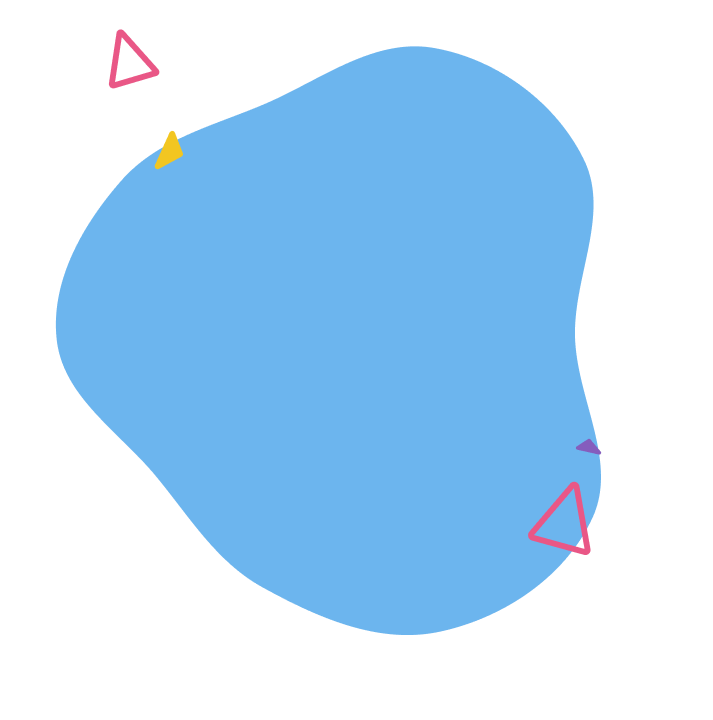July celebrations: Comparing the culture of American and French patriotic holidays
Learning about national holiday celebrations across the Atlantic
Written by Giselle Lehman
It’s interesting to learn about a new country by learning about its language, culture, and history - all at the same time! Today, we’ll compare the cultural traditions in celebrating two iconic national holidays in the month of July: the “4th of July” and the “14 juillet” in France.
France’s “14 juillet” celebrations
Each year, on July 14th, the French celebrate their national holiday, “La Fête Nationale Française” (“French National Celebration”). This day is steeped in history, just as the 4th of July.
A catch up about the history? The 14th of July holiday celebrates a page-turning event of the French Revolution, one of the most turbulent periods in human history. On July 14th, 1789, furious French citizens stormed the Bastille Prison in Paris. This attack incited increasing rebellion throughout France, catalyzing the French Revolution. The prison incarcerated French citizens who opposed the royalty, and so rebel leaders stormed the prison as a way to show that the absolute monarchy’s authoritative clutch on France was coming to an end. The power was shifting to the French people.
This significant historical day is now commemorated as “le quatorze juillet” (“the 14th of July”). Many themes from the Bastille insurrection and the French Revolution are promoted during this holiday, such as national unity, freedom, and independence. In fact, you may recognize the keystone phrase “liberté, égalité, fraternité” (meaning “liberty, equality, fraternity”), which is the national motto of France and its origins trace to the French Revolution.
How to Celebrate?
Celebrations of this revolutionary spirit are varied, but interestingly there is a lot in common with the U.S.
In France, on “le 14 juillet”, people typically spend the day with their families and enjoy picnics or outdoor parties. On this day there are often discounts or free access to French national museums, events, ceremonies, and/or historical sites.
Notably, many people attend historical parades, the biggest and most ostentatious of which is Paris’ famous annual military parade (it’s actually one of the oldest in the world!). This morning event takes place along the iconic avenue Champs-Élysées; it’s an extravagant and powerful showcase of France’s power. It features a military procession, a presentation by the French president, and the parade finishes at the Place de la Concorde where a singer will sing a selection of classic French songs. Celebrations always include ‘La Marseillaise’, France’s national anthem. The crowd often sings along, to famous lyrics such as: "Allons, enfants de la Patrie: le jour de gloire est arrivé!" (Let’s go, children of the homeland: the day of glory has arrived!) This song’s revolutionary energy is a natural crowd pleaser for this revolutionary holiday. Sometimes there are more than 300,000 spectators in attendance! Also, many other cities in France typically host a military parade to celebrate this holiday.
Similar to the U.S., France’s “14 juillet” celebrations peak in the evening, with a grand fireworks showcase. It’s very popular to go out at night, to attend concerts, and to enjoy watching fireworks. The most grandiose fireworks, of course, would be in Paris, where there is a huge celebration including a free classical concert by the Eiffel Tower. Crowds of French people gather under and around this famous monument, and also in the nearby Champ-de-Mars public park, to watch sensational firework shows. This spectacle is not to be missed!
How can you wish the French a happy 14th of July? Popular greetings include "Bonne fête nationale!" (Happy national holiday!) and "Joyeux quatorze juillet!" (Happy July 14th!). But note that it’s not common to make a big deal about these greetings, in contrast to the omnipresent shouts of Happy 4th of July! in the U.S.
So it's patriotism for both!
Overall, we can see that France and the United States’ ‘national days’ in July share a lot in common. There's a balance of traditional historical parades, patriotic fanfare, summery hangouts, and a fantastic fireworks display to close out the night. A unifying celebration indeed!







